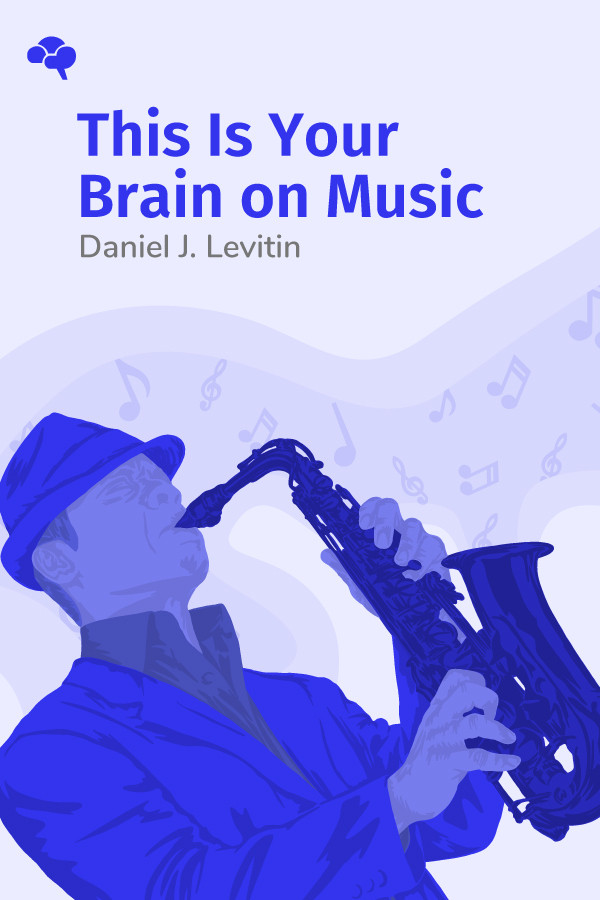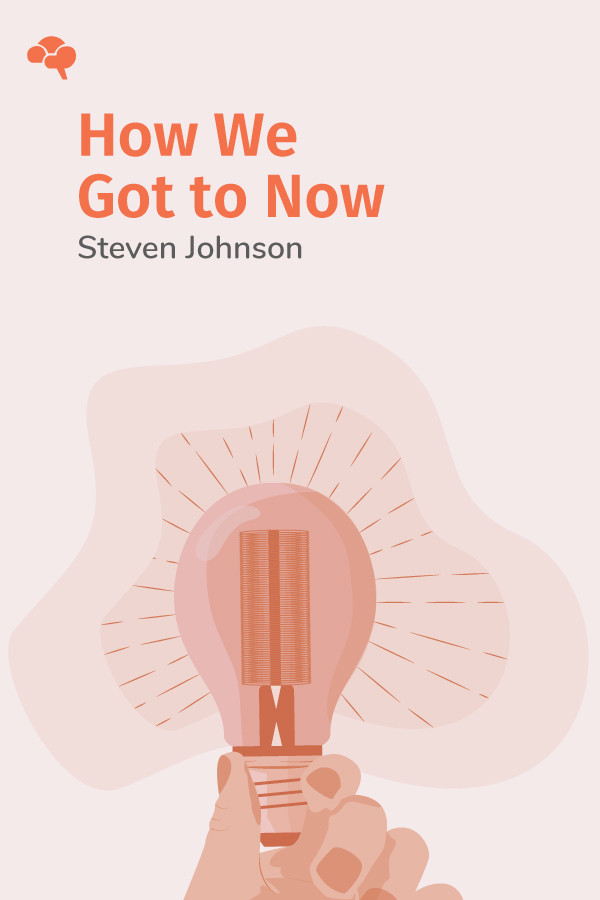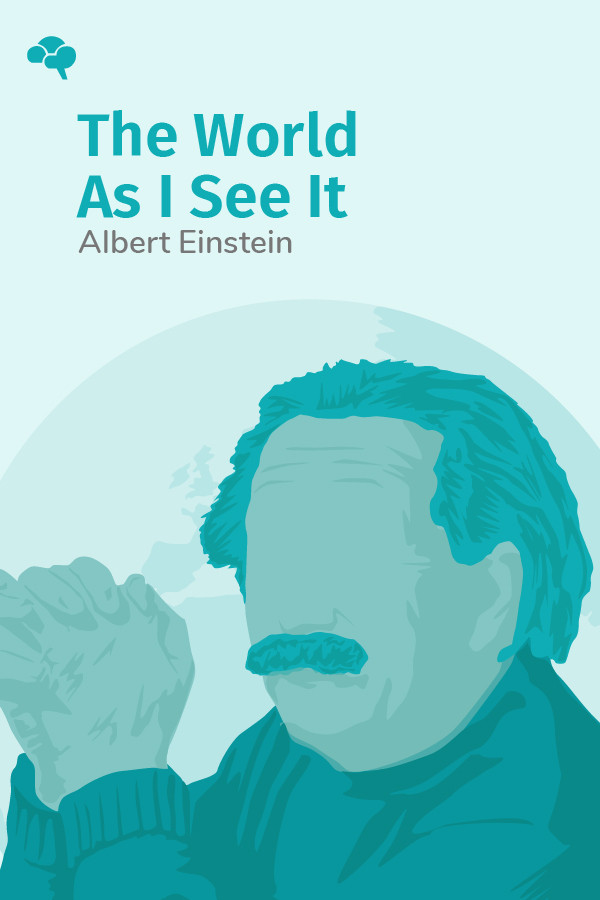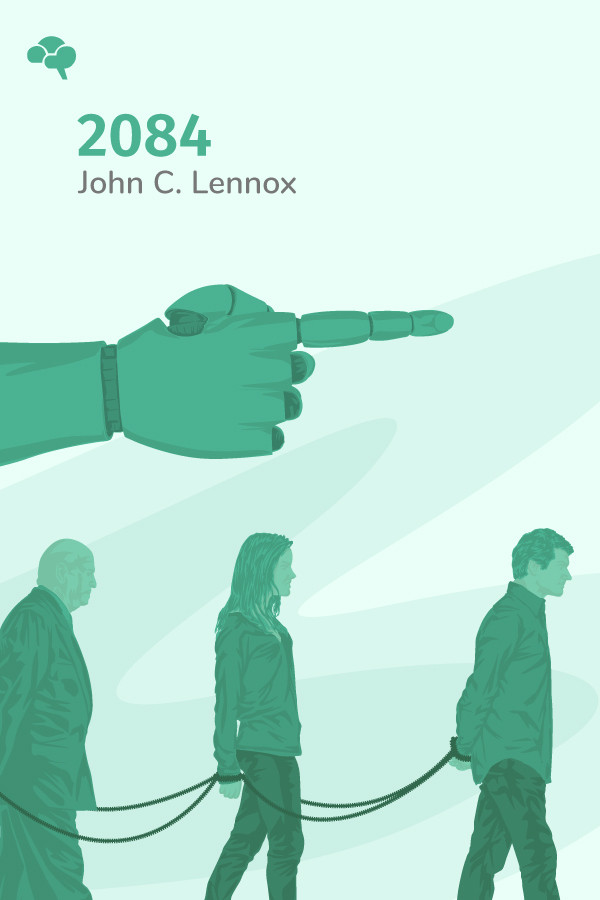Key Insights From:
How to Be Human: An Autistic Man's Guide to Life
By Jory Fleming, Lyric Winik


Key Insights From:
How to Be Human: An Autistic Man's Guide to Life
By Jory Fleming, Lyric Winik
What You'll Learn:
Today, the brain is considered the master organ in the body. Modern science tells us that the brain organizes everything: bodily functions, senses, information, and personality. But what does humanity miss out on when we neglect the perspective of a minority of people born with a different type of brain? Jory Fleming, the first autistic man to attend Oxford on a Rhodes Scholarship, gracefully reveals a new method of thinking about the world that challenges our assumptions about emotion, language, and neurodiversity. Despite not being able to speak in traditional ways until he was 18, years of determination and support from his community led Fleming to learn to translate, in our limited language, his journey in the world as an autistic man.
Key Insights:
- Thinking through word association often limits our experience of the world.
- In an age of genetic engineering and artificial intelligence, asking "What is human perfection?" may be the wrong question.
- The assumption that autistic people lack emotional fluency is established by a culture with shifting interpretations of human emotion itself.
- It is possible to hold on to an opinion while recognizing that it is only valuable from one's own point of view.
- Radical optimism is the most rational response to life's obstacles.
- Reevaluating yourself is a gift to the world.




